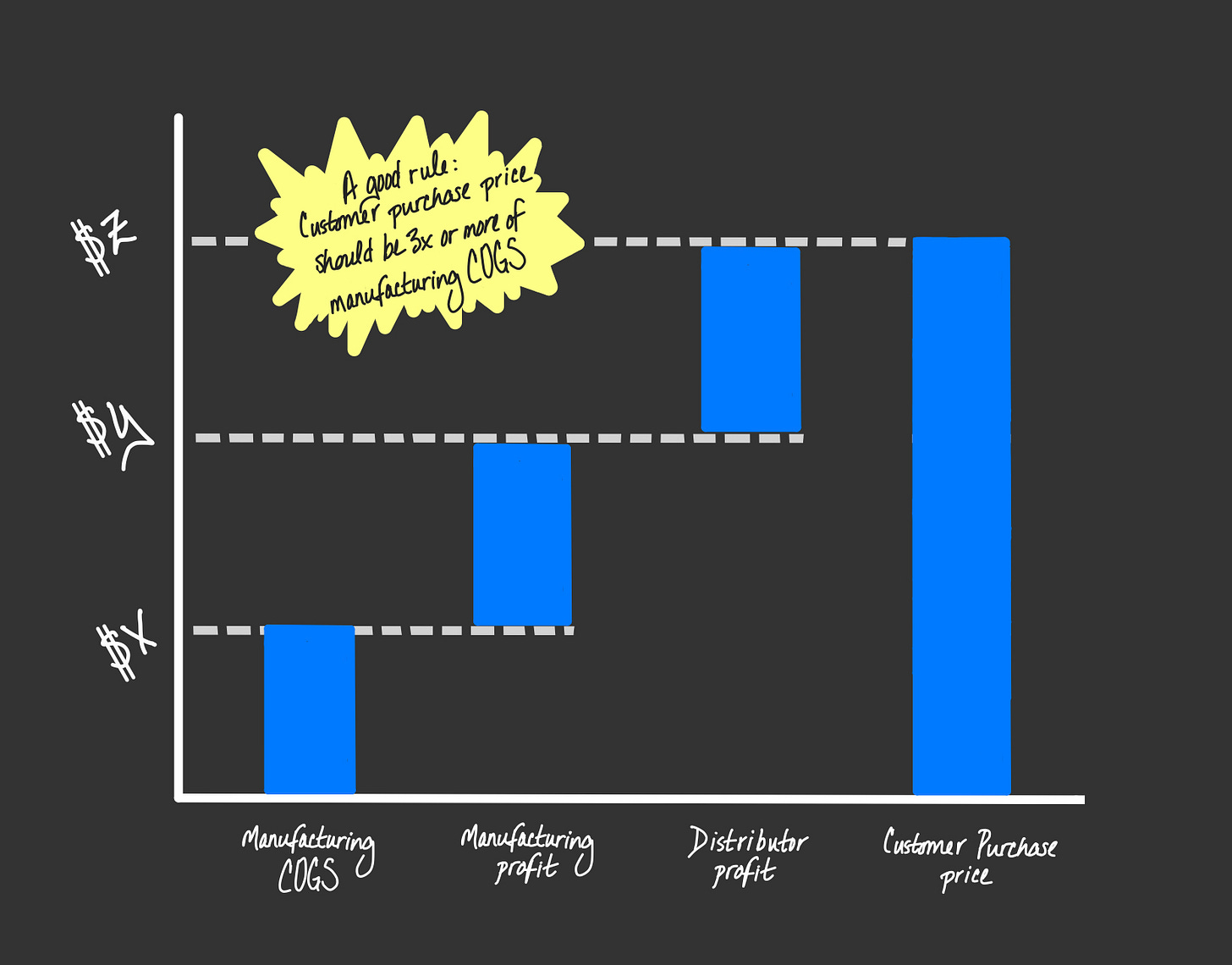
Atoms and Bits is a new newsletter by Zach Supalla, the founder/CEO at Particle. The premise is that while “hardware is hard”, it’s not uniquely hard. Indeed from his experience at Particle, which is a hardware and software business, he has some insight into the challenges both business models face. The newsletter is a look at both fields in an attempt to increase the knowledge sharing among business in these spaces.
In the newsletter’s announcement, there is a brief summary about what makes hardware hard.
If you are building a SaaS business, there is an incredible wealth of shared knowledge available to send you down the right path. Investors know what to look for in a SaaS business; founders know what metrics to monitor and improve; executives know what problems to fix and what opportunities to exploit. This knowledge is quickly and easily passed around through Medium posts and tweetstorms and books and conferences and 1-on-1 mentorship and seasoned executives who bring experience from company to company.
There is no such shared knowledge for hardware businesses.
This is what makes hardware hard. It’s not capital intensity or gross margins or operational challenges. Those are all solvable problems. It’s the lack of shared knowledge among founders, investors, and executives regarding these challenges and how to overcome them.
And here he is on software:
But there are lot of things about software that are hard too. Pricing is hard. Reducing churn is hard. Increasing sales velocity is hard. Recruiting is hard. Scaling is hard.
These also seem like hardware problems as well, but it’s fair to say software isn’t easy! Which brings us to Supalla’s first post Hardware/Software Business Models. There is a rundown of various hardware business models, all worth looking at:
- Business model #1: Hardware purchase
- Business model #2: Financed hardware purchase
- Business model #3: Razor/razorblade
- Business model #4: Rentals
- Business model #5: Hybrid (Purchase + Subscription)
- Business model #6: Hardware-as-a-Service
And specifically regarding hybrid businesses he offers the following:
Hybrid business models are often a good compromise and a good transition to an “as-a-Service” business model. Going from a traditional hardware sale to a full subscription business model is a heavy lift; hybrid business models can create a lot of flexibility for businesses to create additional value over time through software and ongoing services, and as that part of their offering strengthens, shift from purchase-heavy revenue to subscription-heavy revenue.
There is a bunch more great stuff in the post, so check it our here.